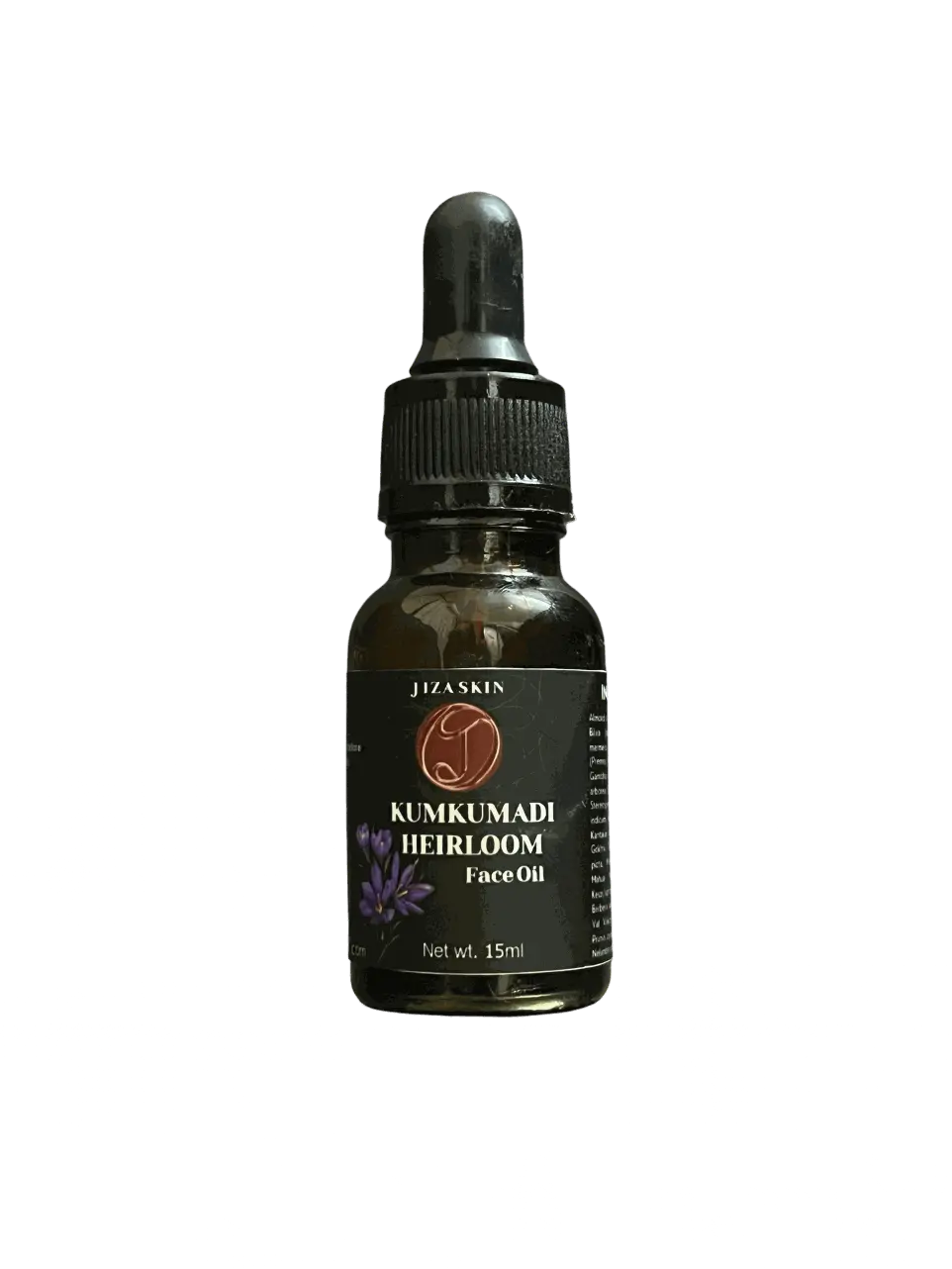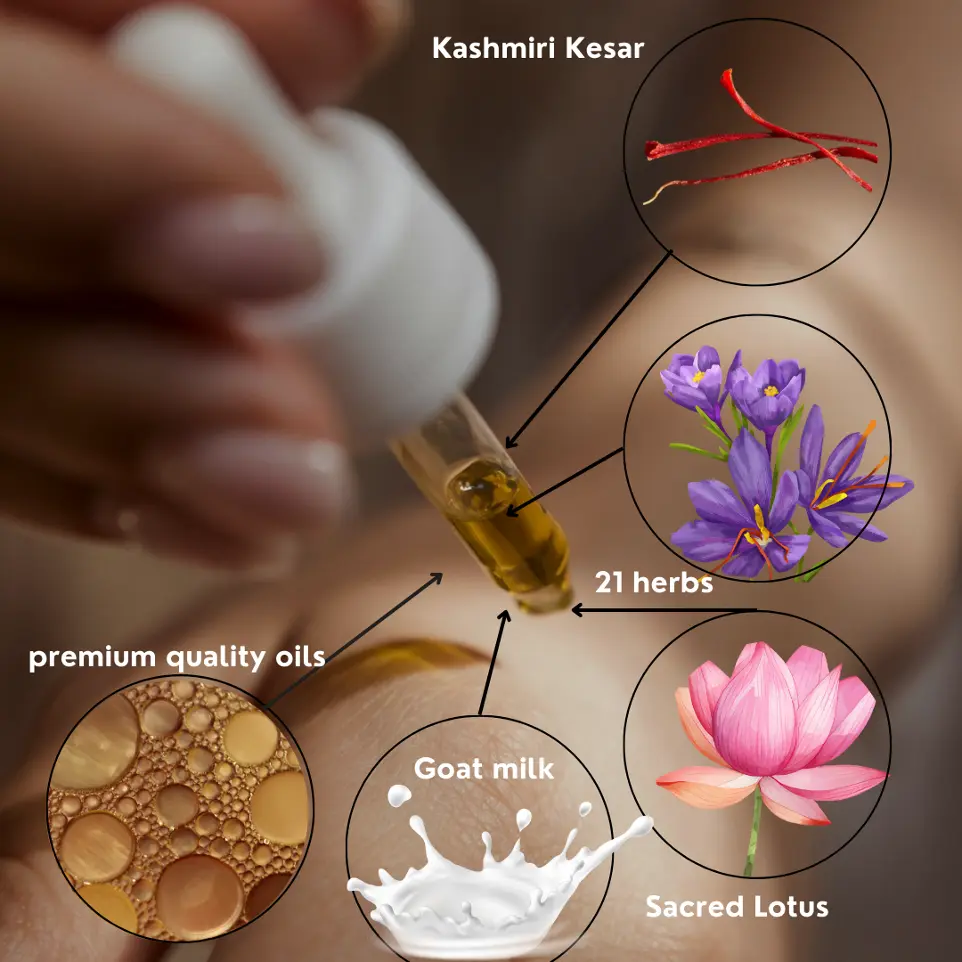Ancient civilizations recognized the many health advantages of saffron and used it as a medicinal herb for over 4,000 years. Saffron has a long history in traditional medicine, with uses ranging from skin care and women's health to its usage as a mood enhancer, pain reliever, and digestive aid. Today, modern research supports many of these ancient uses, including its antioxidant and anti-inflammatory qualities, making saffron a cherished herb in both ancient and modern medicine. According to recent studies, saffron and its metabolites have pharmacological effects on the central nervous system that affect memory and learning. These effects can help prevent Alzheimer's disease, Parkinson's disease, cerebral ischemia, age-related macular degeneration, multiple sclerosis, and complications from diabetes mellitus. They have also been shown to have antidepressant effects. Now, how can we not include this super spice in our routine after learning about so many benefits it serves, so here is a brief, thoroughly researched guide on inculcating saffron in our lives effectively.
When to consume
When it comes to oral ingestion or skincare, component layering and pairing is always crucial. For best absorption, should it be taken in the morning, or evening? empty stomach or paired with something? With milk or water ? The best time to consume saffron may change based on personal preferences and intended effects. What are you seeking for in saffron? That's your answer!
To understand which component of saffron will be helpful for which ailment or beneficial in which aspect, we need to understand the chemical nature of them.
Characteristics | Carotenoids | Picrocrocin | Safranal |
Availability in Saffron | 20-30% | 5-15% | 2.5% |
Responsible for | Red Color | Bitter Taste | Aroma |
Solubility |
Crocin is water soluble, but crocetin is lipid soluble | Water Soluble
| Lipid Soluble |
Beneficial Effects | Anticarcinogenic effect in breast, lung, and pancreas cancer cells. Helpful in management of Diabetes mellitus | Reduces Pain and inflammation. Reduced the proliferation of adenocarcinoma and hepatocarcinoma cells in humans | Treating dysphoria, depression and/or mood swings relating to PMS- Postmenstrual Syndrome. Improves cognitive function |
Morning or Night?
There are studies that claim that it is possible to lose weight by consuming saffron, and your aim is to reduce weight, then the choice depends on your specific weight loss goals and your daily routine. Saffron functions on several mechanisms: blocking the digestion of fats in the diet through the inhibition of pancreatic lipase, the suppression of inflammatory cytokines, and adipocyte differentiation; decrease in food intake by increasing satiety, or the feeling of fullness due to the elevation of the level of neurotransmitters or hormonal functions; and the increase in glucose, and it's ideal to have an increase in glucose metabolism in the morning and an increase in lipid metabolism at night
Thus consuming saffron in the morning seems beneficial if your goal is to reduce food intake and improve satiety throughout the day, or if you wish to regulate sugar consumption or incase of diabetes, but, evening consumption could be useful if you're looking to counteract potential overeating at dinner or if you have a heavier, more fat-laden meal in the evening.

